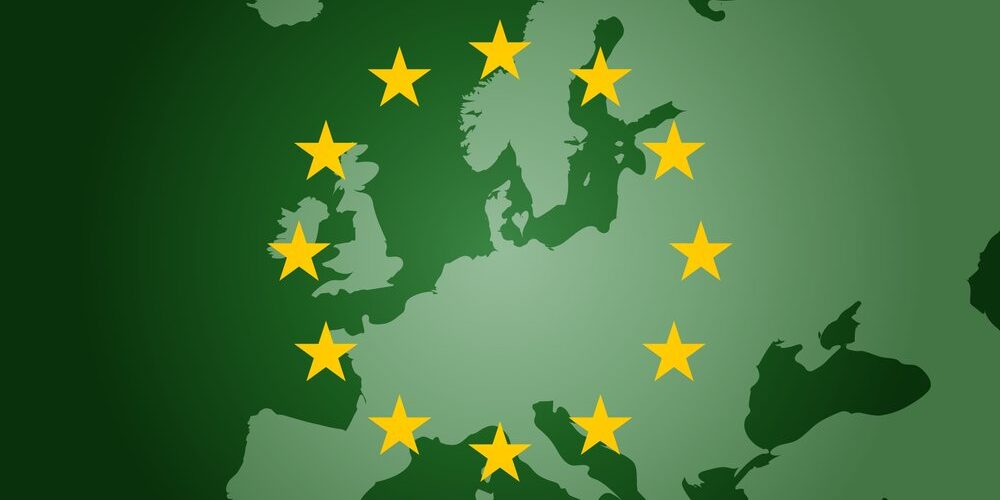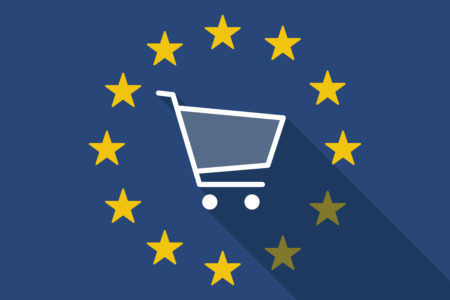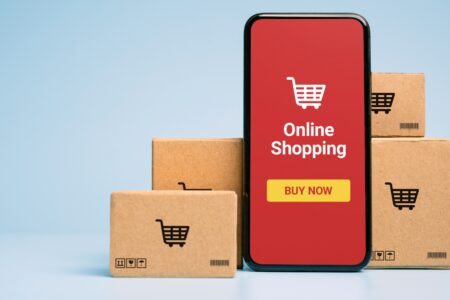In this article:
- Tracking and reporting from 1 October 2023 onwards
- Establishing your Authorised CBAM Declarant
- Supply chain considerations
- CBAM certification from 2026
- Key points in the timeline
- Northern Ireland
- Summary and how we can help
The CBAM responds to the EU’s goal of becoming a “green continent” by imposing measures to prevent carbon leakage and to encourage businesses to decarbonise their supply chains. Such leakage happens when carbon-intensive production relocates to countries with less stringent climate policies or is replaced by more carbon-intensive imports.
The CBAM targets high-carbon-intensity products that enter the EU, including iron and steel, aluminium, fertiliser, cement, hydrogen, and electricity, and the scope is likely to extend to other products as the CBAM develops.
During the initial transition period (from 1 October 2023 to 31 December 2025), businesses will need to comply with various reporting requirements. However, from 1 January 2026 onwards (the definitive period):
- any free allowances under the EU Emission Trading System will be phased out, and
- EU importers will need to purchase CBAM certificates to reflect the embedded emissions within their imported CBAM goods.
Tracking and reporting from 1 October 2023 onwards
Importers into the EU must now track imports of goods covered by CBAM and report these in a CBAM declaration where covered goods have a consignment value of over €150. The first CBAM declaration will be due by 31 January 2024 and then quarterly. The reporting will require a mix of product data, customs-related data, and calculated embedded carbon emissions data (including any carbon taxes paid in the country of origin, if applicable).
Since businesses need to set up processes to track their EU imports of CBAM items (and those clearing Customs) after 1 October 2023, this will likely be a major compliance undertaking for affected businesses, particularly given the very low consignment value threshold.
The data needed for compliance is likely to be dispersed across multiple systems within and outside the business (e.g., suppliers, Customs brokers/agents etc). It will be essential for there to be significant collaboration (especially when complex supply chains are involved) to identify and address any data gaps.
In addition, although default values will initially be able to be used in CBAM declarations for embedded greenhouse gas emissions, the approved EU framework (based on actual emissions data) will need to be used for reporting emissions from 31 July 2024 onwards.
Any non-compliant businesses will be subject to penalties of €10 – €50 per tonne of unreported emissions during the initial transition period. Higher penalties will apply if two or more incomplete or incorrect CBAM declarations are made. An additional penalty regime will be introduced for failure to buy and/or surrender the correct number of CBAM certificates, where this results in the required amount not being declared to the authorities.
Establishing your Authorised CBAM Declarant
For businesses with many entities in Europe, multiple reporting may be necessary. CBAM will likely require discussions about restructuring, procurement, and different supply chain components. In any rationalisation process, it will be crucial to register the correct entity as the Authorised CBAM Declarant.
UK companies importing directly into the EU must have an EU presence or an authorised indirect representative. It should be noted that from 31 December 2024, businesses will need to have “Authorised CBAM declarant” status to import CBAM goods.
Supply chain considerations
For businesses that don’t produce products but act as traders or distributors, working closely with suppliers to gather the required emissions data will be crucial. While the EU has provided standard data requests for importers, these requests need quarterly updates and might not cover all participants in the supply chain.
Companies should determine their processes for compliance, actively communicate with their suppliers to understand data collection requirements and address any existing data gaps. When dealing with multiple suppliers in supply chains, tracking the emissions embedded in CBAM products will be key. Additionally, existing supply chain contracts may not meet the new CBAM requirements. Businesses should therefore:
- review contracts to include emissions data requirements and responsibilities;
- determine liability for identifying incomplete or incorrect data and
- assess compliance with Internationally Commercial Terms (INCOTERMS) and, if required, compare supplier contract terms with actual customs data to ensure it is clear who is acting as the importer of record for specific consignments.
CBAM certification from 2026 onwards following the transition period
From 1 January 2026, businesses will need to purchase and surrender CBAM certificates to offset the cost of embedded carbon and other greenhouse gas emissions contained within EU-imported products. These need to be based on the EU’s Emissions Trading Scheme (ETS) weekly price.
Where carbon prices/taxes have already been paid in the country of origin, credit will be given (within certain parameters). The CBAM reports will also need independent verification by an accredited body. Enforcement measures will include businesses having their CBAM-covered goods halted at the EU border if they have not already registered as an authorised CBAM declarant.
Accurate forecasts of EU trading activity will be needed to allow businesses to factor in the additional costs they will incur and to ensure the correct number of certificates are purchased. These costs will likely increase significantly from 2026 onwards as the CBAM continues to evolve during the definitive phase.
Key points in the timeline
Northern Ireland
For operations in Northern Ireland, the situation is currently unclear. The Windsor Framework introduces a streamlined “green lane” customs procedure for some products moving between GB to Northern Ireland, and a comprehensive “red lane” customs procedure for products at high risk of entering the EU Single Market. However, further discussions between the UK and EU are necessary to determine how CBAM will apply to trade between Great Britain and Northern Ireland.
Summary
CBAM presents both challenges and opportunities for businesses to shape their sustainability strategies. Important considerations include registering the correct legal entity as the Authorised CBAM Declarant, restructuring the supply chain to reduce emission-intensive products/processes, and streamlining compliance processes across multiple other supply chain regulations.
It’s worth noting that more supply chain regulations besides CBAM are on the horizon. These include legislation concerning, for example, plastic packaging tax, extended producer responsibility, deforestation, and rules on supply chain due diligence and forced labour. As part of their ESG focus, it’ll be important for businesses to look at their entire position and ensure their internal processes and technology can handle the diverse data needed for compliance across all of these areas.
Can we help?
Drawing on our membership of AGN International – a global association of separate and independent accounting and advisory businesses – we are helping clients navigate the new CBAM requirements. If we can help in any way, please get in touch with our team of specialists shown on this page.
Specific advice should be obtained before taking action, or refraining from taking action, in relation to this summary. If you would like advice or further information, please speak to your usual Shipleys contact.
Copyright © Shipleys LLP 2023















